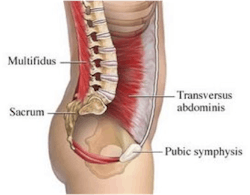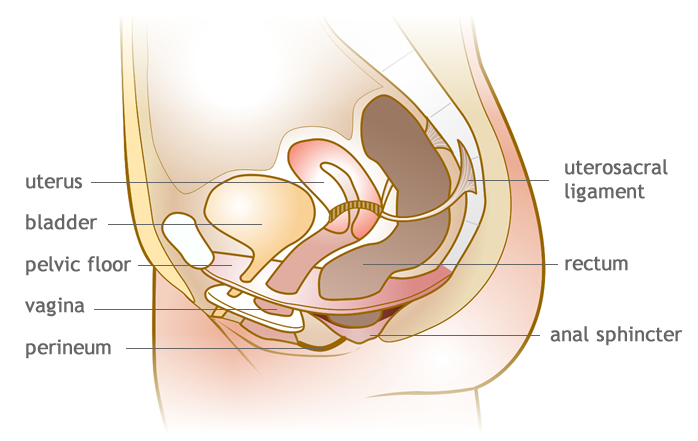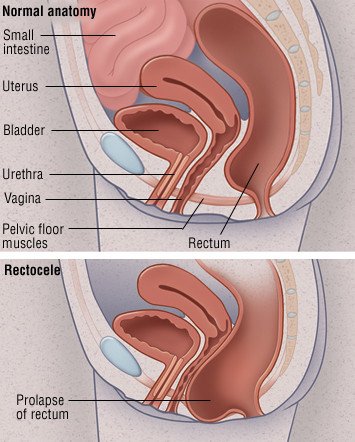Dps affects the whole pelvic floor with excessive chronic straining pressure weakening the entire pelvic floor over time allowing the descent of tissues.
Excessive pelvic floor descent.
Reflexes are impaired in particular the post defecation reflex that is a sharp contraction.
If you re a woman you may also feel pain during sex and if you re a man you may have problems having or keeping an erection erectile dysfunction or ed.
Although this condition predominantly affects females up to 16 of males suffer as well.
A specialized tool called a perineocaliper can be used to measure the descent of the perineum.
Pelvic floor dysfunction is an umbrella term for a variety of disorders that occur when pelvic floor muscles and ligaments are impaired.
Other causes include weakness of the pelvic floor muscles secondary to age related neuropathic degeneration or traumatic injury during pregnancy and labor.
However if the descent is more pronounced or if there is even genital prolapse due to the protrusion of organs such as the bladder uterus or.
A mild descent is usually hardly noticeable.
This might be because of a weakened or descended pelvic floor.
Diagnosis is by rectal examination.
1 the oxford family planning association study found the incidence of a hospital admission for the diagnosis of prolapse to be 2 04 per 1000 person years of risk.
Pelvic floor dysfunction is the inability to control the muscles of your pelvic floor.
Perineal descent is often associated with chronic straining in patients with chronic constipation.
Many women are affected by this kind of pelvic organ descent at some point in their lives.
Your pelvic floor is the group of muscles and ligaments in your pelvic region the pelvic floor acts like a.
Pelvic floor dysfunction is a common condition where you re unable to correctly relax and coordinate the muscles in your pelvic floor to urinate or to have a bowel movement.
Other conditions that weaken the pelvic floor musculature can also lead to symptomatic perineal descent.
The lifetime risk of having a surgery for prolapse and or urinary incontinence has been reported to be 11 1 by age 80.
Pelvic organ prolapse is a common condition in women often leading to invasive and costly surgical treatment.
Perineal descent is a condition in which the perineum prolapses bulges down or descends below the bony outlet of the pelvis.









